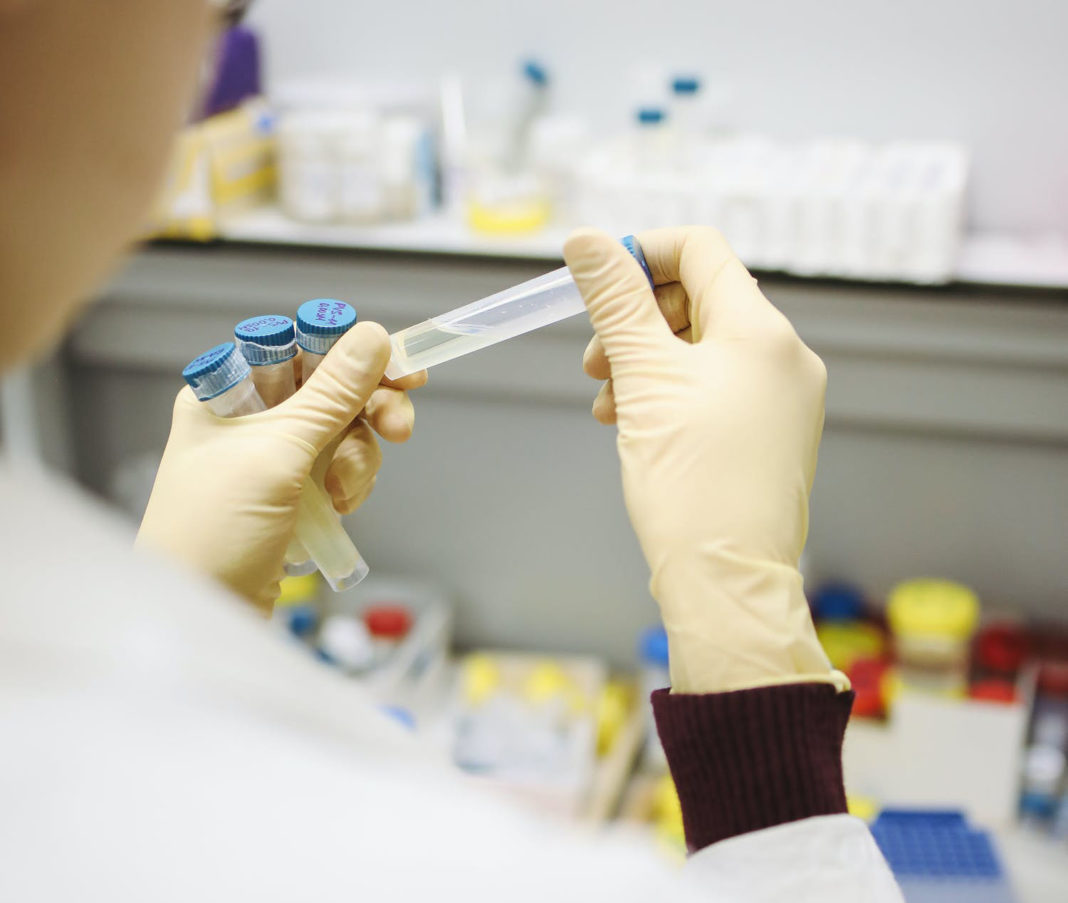Residents and workers in nursing homes, followed by healthcare workers and disabled people to be 1st in line for jabs
On Tuesday, Salvador Illa, Spain’s Minister of Health made public details of the country’s coronavirus vaccination plan, with an optimistic note that the entire Spanish population could be vaccinated within a year.
According to the information released by Illa, the minister said that he expects the first vaccinations to begin in January.
As was widely expected, the first people to receive the vaccinations will be elderly residents and workers in nursing homes.
They will be followed by the rest of Spain’s healthcare workers and then disabled people who need intense levels of support but “who are not institutionalized”, he said.
Those priority groups make up around 2.5 million people, who he would expect to be vaccinated by 1 June.
He explained that the country’s vaccine committee had divided the population into 18 groups based on “the risk of serious illness and death; the risk of being exposed; the risk of socio-economic impact; and the risk of transmission”.
However, when he was asked, Illa refused to outline which groups will be prioritised after the first four.
He said that as part of the EU’s vaccine strategy, Spain is dealing with six vaccine companies — Moderna, Oxford AstraZeneca, Pfizer and BioNTech, Johnson & Johnson, Sanofi and GSK and CureVac. It is also in the process of agreeing an order with NovaVax.
The vaccine from Moderna, Oxford AstraZeneca, Pfizer and BioNTech, are currently being evaluated by the European Medicines Agency and could be approved within weeks.
Illa said that Spain is set to receive 140 million vaccine doses for 80 million people this year, even though the country’s population is only 47 million.
“We’ll have enough doses to vaccinate of 100% of the population this year if development continues to go well,” Illa said.
He also explained that the excess doses will be sent to countries outside the European Union under principles of “solidarity”.
The vaccines will be carried out free of charge at around 13,000 centers which are already equipped to vaccinate the public. Despite the president of Galicia saying last week that people could be fined for refusing to get vaccinated, Illa said the program will be voluntary across the whole country.
Spain is busy developing its logistics capability to be able to deliver the more complicated vaccines such as the Pfizer product, which needs to be stored at minus 70 degrees Celsius.
A registration and follow-up strategy for vaccination is also being planned, as all three currently undergoing the approval process require two inoculations if they are to be effective.
“This vaccine will be just as safe as any other vaccine we provide in Spain,” said Illa.





